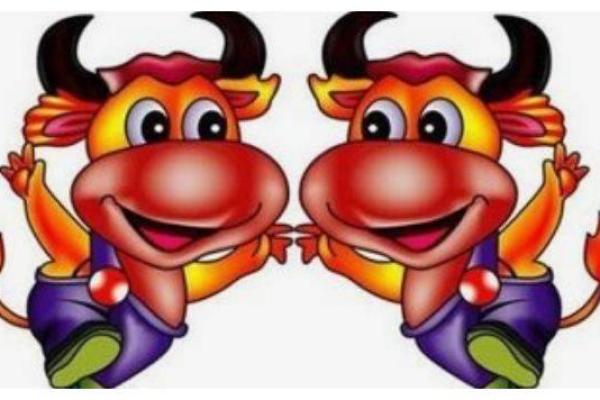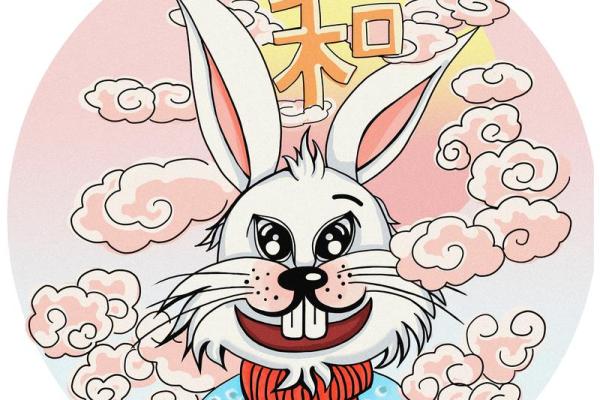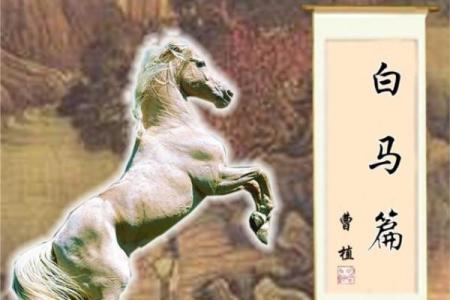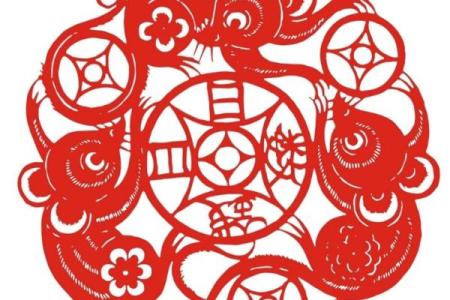Hey friends! Have you ever heard the phrase "夜不归宿"? It sounds like a secret code, right? In Chinese, it means someone doesn't go home at night. They stay out playing, working, or doing fun things. And we want to know: which Chinese zodiac animal does this best? That's what we're talking about today. It's super fun because zodiac animals are like our furry friends with big stories. I'll explain it all simply, like we're chatting in the park. Let's go!
So, "夜不归宿" is not just words; it's a clue to animals in the zodiac. The zodiac has twelve animals like dog, rat, and monkey. And we think some love staying out all night. Why care? Because animals teach us about life – they're brave, sneaky, or playful. Get ready for a journey!
解密夜不归宿:谁家动物不爱回巢?
Let's crack this puzzle! "夜不归宿" means "night not return home." Imagine it: dark sky, stars shining, but someone isn't snuggling in bed. Instead, they're wandering or working. Now, why link it to zodiac animals? Because ancient people saw animals doing this in real life. Like, a dog guarding the street all night, or a rat scurrying around when we sleep. This phrase isn't just about humans; it's about how animals act in nature. For "夜不归宿," experts and stories say it often points to three zodiac buddies: dog, rat, and monkey. These guys have wild nights out. Not all animals do it – think about lazy cats (but cats aren't in zodiac!) or sleepy pigs. These three? They're the stars of the late-night show.

Why pick them? Easy! From old tales and what people observe, dog protects, rat explores, and monkey parties – all when night falls. It's not magic; it's how they're built. Animals have habits like us. The phrase "夜不归宿" shows this in culture. Plus, zodiac isn't just fun; it helps us understand ourselves. So, "夜不归宿" connects to dog, rat, and monkey because they truly represent not going home. Cool, huh?

属象属相狗:忠诚守卫有时溜号
First up, meet the dog! In zodiac, dog is year eleven – loyal, friendly, and a big protector. Like your pet dog guarding your door. But guess what? Sometimes dogs get a little wild and stay out all night. It's not bad; it's part of who they are. Think of idioms: "狗急跳墙" (dog jumps over wall when panicked) shows how they act fast and roam. Or "丧家之犬" (stray dog), meaning lost and wandering. Ancient books like old poems say dogs patrol at night, keeping trouble away. That makes sense for "夜不归宿."
But why does dog fit so well? Because dogs are all about duty and fun. In nature, wild dogs hunt or play in dark hours. For us, it means they're brave heroes, but if stressed, they might wander. Their "long hate beauty" part? Well, dogs have sad eyes sometimes, longing for home while working hard. Like in war stories, soldiers (born dog year) stood guard, not sleeping. This animal teaches that loyalty means doing what's needed, even if you miss bed. It’s not perfect – they can get tired or grumpy – but they're our best buddies.
属象鼠:聪明的夜行家
Next, the rat! Zodiac year one – clever, quick, and super sneaky. Rats love the night, right? They sneak out when houses are quiet, finding food or playing. That's pure "夜不归宿"! Stories and books praise rat smarts. Like idiom "鼠目寸光" (rat eyes see only short distance) saying they focus on now, always moving. Or "贼眉鼠眼" (thief eyes like rat), hinting they're busy at night. In history, rats were seen as survivors, especially in dark times.
Rats fit the phrase because night is their time to shine. Why they do it? Nature! Rats have special eyes for dark, so they avoid danger by roaming. Plus, in culture, they're tricky heroes. Their "long hate beauty" bit is deep: rats die young sometimes, leaving behind nests – a sad but beautiful life. It shows how they're always on the go, never stopping. This animal tells us to be smart and seize the moment, even if it means late nights.
属象属相猴:活泼的冒险者
Last, the monkey! Zodiac year nine – funny, adventurous, and never still. Monkeys are party animals, jumping from trees at night. "夜不归宿" is their middle name! Idioms like "猴子上树" (monkey climbs tree fast) prove how they move in dark forests. Or "猴年马月" (monkey year horse month), meaning things take forever because monkeys dawdle and roam. Old tales say monkeys sleep less and play more, like in jungle adventures.
Why monkey? Because they're born explorers. They don't like sitting still; night means fun or finding new spots. Their life is short but bright, with "long hate beauty" – monkeys die with smiles, leaving joy behind. It's about living loud, even with risks. Monkeys teach us to laugh and try new things, even if we stay out too long.
为什么这些属象爱夜不归宿?








